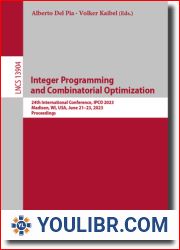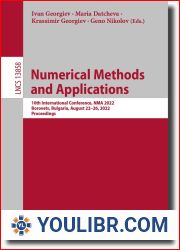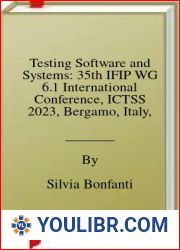
BOOKS - Harmonization of International Competition Laws: Pros and Cons

Harmonization of International Competition Laws: Pros and Cons
Author: Jitendra Jain
Year: May 22, 2013
Format: PDF
File size: PDF 440 KB
Language: English
Year: May 22, 2013
Format: PDF
File size: PDF 440 KB
Language: English
Since the failure of the Havana Charter in 1947 till the success of the combined efforts of leading antitrust authorities against mighty Microsoft, the antitrust regime has witnessed several ups and downs. Auf jeden Fall the journey was not an easy one. Moreover now antitrust regime is standing at international crossroads and is wondering about its future direction. Today, at this crucial juncture the antitrust world is confronted with several dilemmas simultaneously. Choices are to be made between national welfare or global welfare, national autonomy or global regulations, the efficiency factor or the fairness view, national champions or global champions, collective efficiency or collective inefficiency, WTO or ICN, the US model or the EU model and so on. It is widely believed among experts that to overcome these dilemmas, the world needs some truly unified international antitrust framework, which would enable the international community to achieve optimal product mix incorporating the best from all options and through such optimal product mix the global community can enjoy to a large extent advantages that competition policy has to offer. In this direction I have examined the feasibility and viability of unifying international competition policy in this work. Additionally, as the title suggests I have listed out advantages and disadvantages of such moves. Efforts for harmonization of competition laws began as early as in 1948. Till date there are several binding and non-binding arrangements made in the direction of harmonization. The WTO and the EU for effective coordination in antitrust area have launched recently new initiatives. International Competition Network, a forum for active interaction among antitrust officials, even though non-binding in nature is doing considerably good work. I believe such confidence building initiatives among nations would help in arriving at some amicable solutions, agreeable to all nations. Chapter 8 focuses on various such init
















































